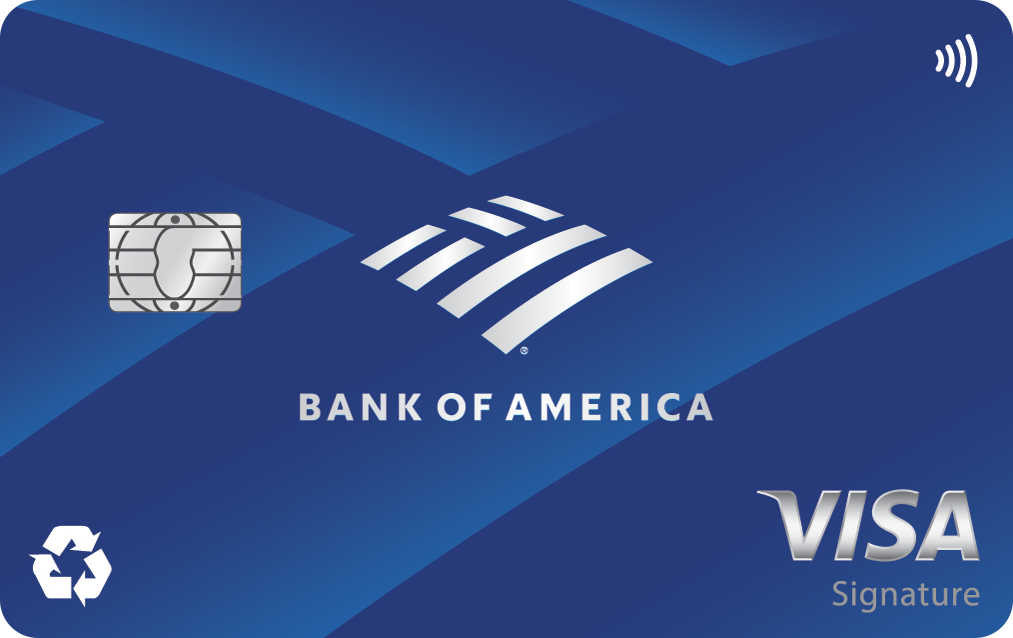I Finally Ditched My PMI, But I'm Not Coming Out a Winner. Here's Why
KEY POINTS
- Private mortgage insurance (PMI) is an additional expense homeowners pay when they take out a conventional home loan with a down payment of less than 20%.
- I'll save $560 annually now that I no longer pay PMI.
- However, I'll spend the money I saved to cover property tax and home insurance rate increases.
Some homeowners pay for private mortgage insurance (PMI) for a period of time when they buy their home. PMI is required when you take out a conventional home loan and don't make at least a 20% down payment.
This additional cost is tacked on to your monthly mortgage statement, making your home loan even more expensive. When my husband and I purchased our first home, we only put 5% down. Because of this, we've been paying PMI for the last four and a half years.
We've been making additional payments on our mortgage and recently achieved 20% home equity. Now that we owe our lender less than 80% of our home's value, we've requested that the PMI expense be removed from our bill. Find out why we will notice little difference in our bank accounts.
PMI is an additional expense for many homeowners
Many personal finance experts recommend putting 20% down when buying a home to avoid having to pay PMI. It's worth noting that PMI rates can vary, but many homeowners pay between 0.5% and 1% of the total amount borrowed each year.
Here's an example: You buy a $250,000 home with a 10% down payment ($25,000) and take out a mortgage for $225,000. If your PMI premium is 1%, you'll pay $2,250 yearly or $187.50 monthly.
Homeowners can contact their mortgage lenders and request PMI removal once their home loan balance is 80% of the home's original value. Lenders must automatically terminate PMI when the principal loan balance is scheduled to reach 78% of the home's original value. Eliminating this expense can make monthly mortgage payments more affordable.
Other homeownership expenses have increased
Not every homeowner walks away a big winner by eliminating PMI. We were paying around $560 yearly for PMI. While I'm glad we'll no longer have to pay this additional expense, our achievement doesn't feel like a major win.
Since purchasing our home four and a half years ago, our homeowners insurance and property taxes have increased. This is not uncommon. We're now paying around $300 more each year for these costs. Our municipal property taxes are set to increase again soon, too.
When that happens, we'll pay an additional $250 yearly for our property taxes, meaning we'll pay around $550 more yearly on insurance and property tax expenses compared to what we were paying four and a half years ago when we were brand-new homeowners.
It's unfortunate that we will feel little financial impact now that we've eliminated our $560 yearly PMI costs. But I'm still glad we will no longer pay this expense. Why? If we see a continued increase in homeownership costs, we'll be more financially prepared to handle them now that we don't pay PMI.
Ditching PMI can be a win
I'm writing about my experience as a reminder to homeowners that homeownership costs can and do change. It's common for utilities, property taxes, home insurance, and other expenses to rise. Before buying a home, make sure you have an emergency fund so you can handle any unexpected expenses that come your way.
For those who can afford to do so, eliminating PMI is worthwhile. My husband and I are lucky to have a modest home loan bill, and our PMI premiums were extremely affordable -- we paid 0.38% of our total loan amount each year. But that's not the case for every homeowner. Those with much pricier homes and higher premiums could save thousands of dollars yearly by eliminating additional PMI expenses.
Want to get rid of PMI? You can do this faster by making extra payments toward the principal of your home loan. Even if your home insurance and property taxes increase, a more affordable mortgage payment could be a win for your wallet.
If you're considering buying a home, check out Motley Fool Money's first-time home buyers guide.
Our Research Expert
We're firm believers in the Golden Rule, which is why editorial opinions are ours alone and have not been previously reviewed, approved, or endorsed by included advertisers. Motley Fool Money does not cover all offers on the market. Motley Fool Money is 100% owned and operated by The Motley Fool. Our knowledgeable team of personal finance editors and analysts are employed by The Motley Fool and held to the same set of publishing standards and editorial integrity while maintaining professional separation from the analysts and editors on other Motley Fool brands. Terms may apply to offers listed on this page.



